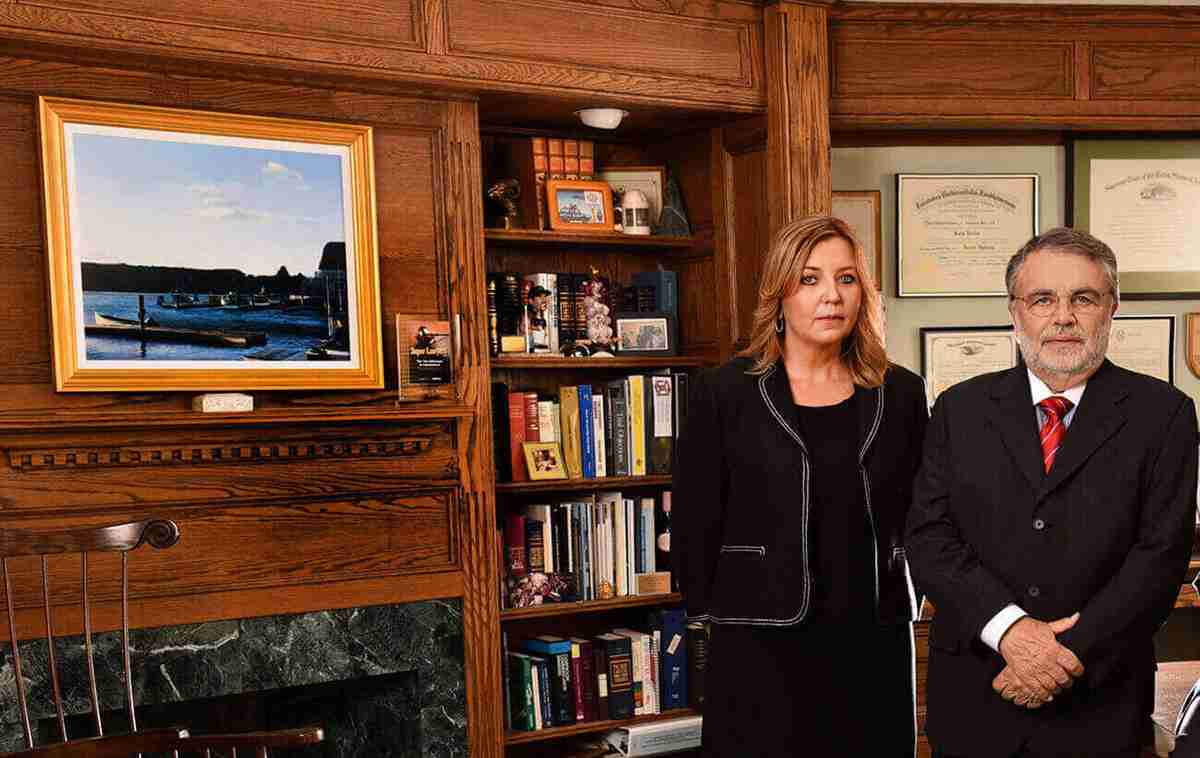One of the major issues when a marriage ends is how to divide all of the property a couple owns. Property and assets not only can mean a lot to spouses but the amount of property they are awarded will help to determine their financial situation moving forward after the marriage is dissolved. The following are three common questions about property division in Connecticut divorce cases.
What property can the court divide?
Unlike a lot of states, courts in Connecticut can consider all of the property and assets owned by a couple – not just the property acquired during marriage. This means that property brought into the marriage, gifts, and even inheritances may possibly be divided. In addition, the court can divide both real and personal property, which may include the following:
- Real property – Family homes, vacation homes, cabins, rental properties, commercial property, or any other type of building or land.
- Personal property – This includes almost everything else you can own, including furnishings, clothing, jewelry, appliances, collections, cars, monetary assets, retirement benefits, business interests, and more.
How does the court decide about property division?
Connecticut law requires that the court divide property in an equitable manner, which means that the judge will aim for a fair division based on a number of factors, which include:
- How long the marriage lasted
- Any misconduct that caused the divorce
- The age, professional status, income level, and needs of each spouse
- Any custody awards
- Premarital agreements
- Alimony awards
The court will take all relevant factors into consideration in deciding what division of property is the most equitable.
At what point in the case is property affected?
While a final property division order will be issued with your final divorce judgment, the court can make a temporary order while your divorce is pending. In addition, once the divorce case is filed, each spouse is prohibited from selling, transferring, or otherwise trying to “waste” or hide property from the other.
Consult with an Experienced Connecticut Divorce Lawyer Today
Property division determinations can be complicated, especially if you and your spouse have significant assets. At the Law Offices of Piazza, Simmons & Grant, L.L.C., we can protect your interests and work to ensure you receive a fair property decision. If you may be getting divorced, please call us today at 203-348-2465 for more information.
1https://www.jud.ct.gov/lawlib/Notebooks/Pathfinders/EquitableDistribution.pdf

